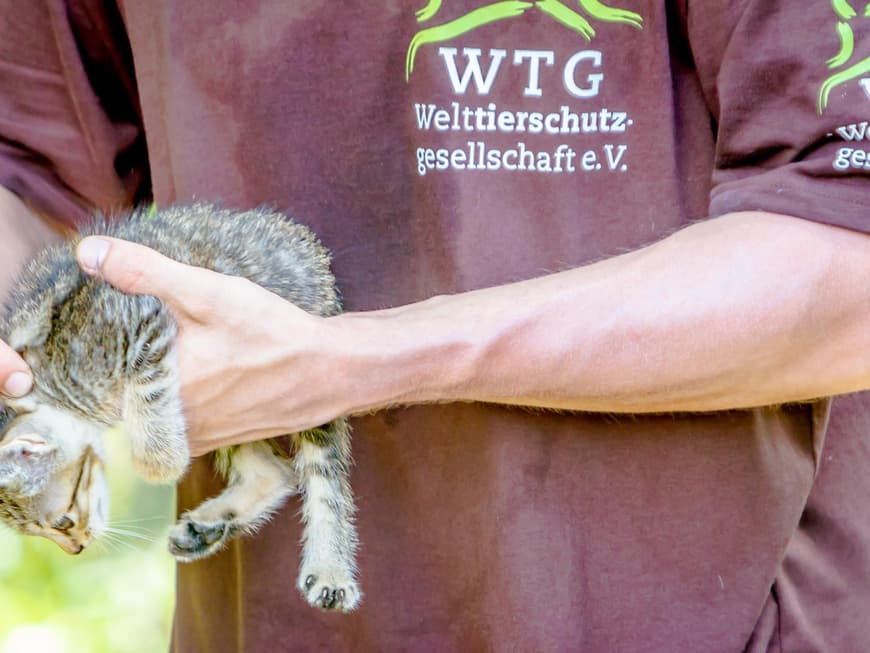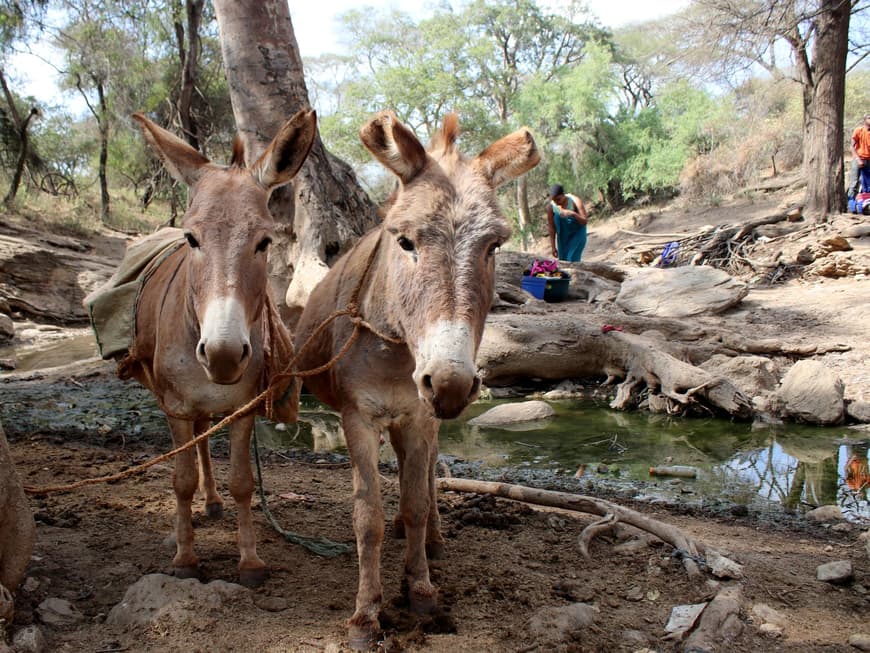In many of the countries of operation, major social hardships are looming, and no state rescue package will help to overcome them. Animal welfare could become less important in the face of the coronavirus crisis and animal suffering could increase as a result.
The World Society for the Protection of Animals (WTG) has created the WTG Emergency Relief Fund to provide basic assistance to both the employees of animal welfare organizations and the animals in urgent need of care during this crisis. The WTG Emergency Relief Fund is intended to support partners in 25 emerging and developing countries, provide emergency care for abandoned strays and farm animals, ensure ongoing costs for the care of wild animals in protection centers and promote information work that supports animal owners in their commitment to the welfare of their animals even in times of crisis.
"Many of the emerging and developing countries in which the World Society for the Protection of Animals is currently active will be severely affected by the Covid-19 pandemic," says WTG Managing Director Katharina Kohn.
"Animal welfare must not collapse"
"We want to take responsibility and provide the best possible help to our partner organizations that cannot rely on government funding. The corona crisis must not cause the organizations, their valuable work and the protection of animals to collapse. By setting up the WTG Emergency Fund, we want to create stability and enable individual measures to protect animals worldwide."
Following the recommendations of the World Health Organization, many operations that are part of the standard animal welfare work in emerging and developing countries have already been suspended. These include, for example, mobile clinics for the care of stray and farm animals as well as training for farmers and veterinarians, each of which causes large crowds of people. The lack of visitors also weighs heavily on wildlife protection centers: the lack of admission fees means that important sources of income are lost, which are essential for ongoing operations - such as feeding and caring for the rescued animals.
"The current crisis requires us to adapt all our activities - to protect people and animals," explains Katharina Kohn. The emergency aid fund is intended to cover any additional costs that become necessary during the coronavirus crisis and to pave the way for a return to normality as quickly as possible once the pandemic is over.
You can find more information at: https://welttierschutz.org/wtg-nothilfefonds/


